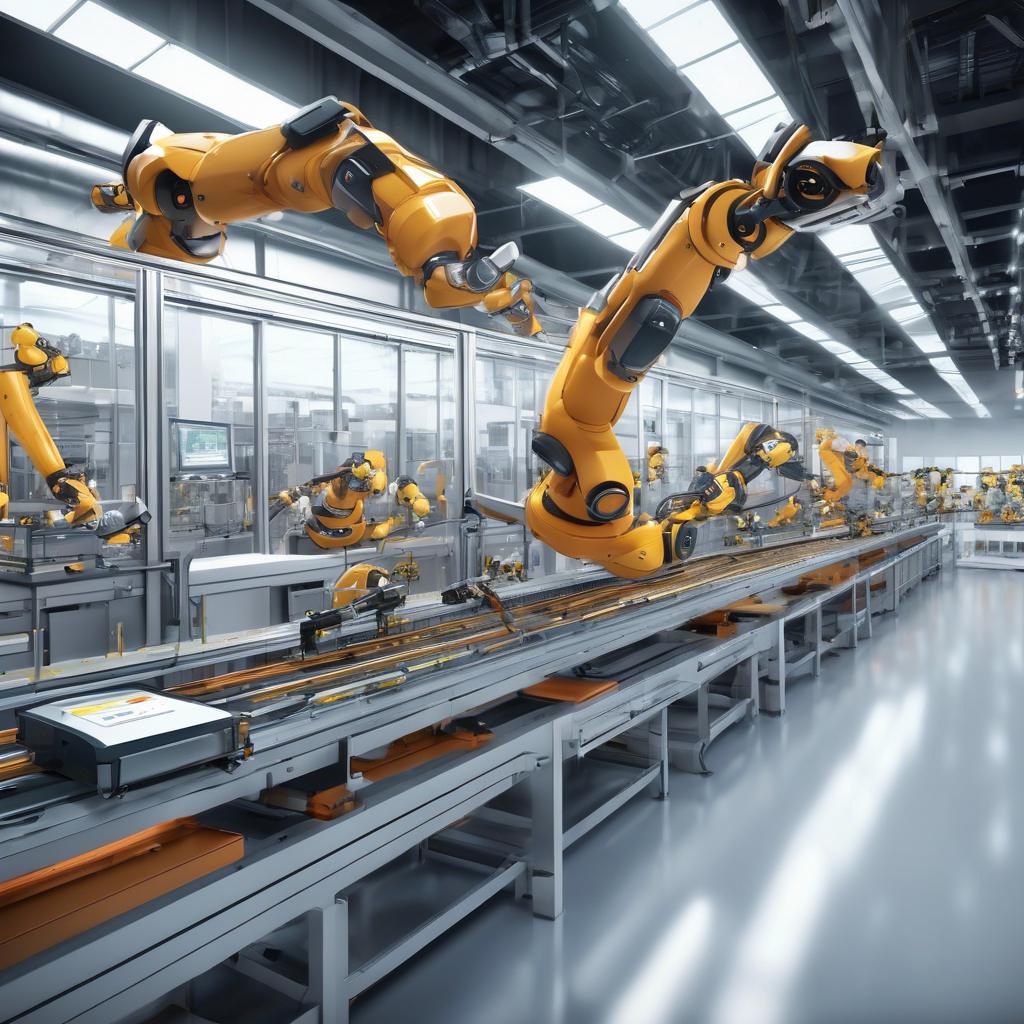Google's Willow Quantum Chip: Revolutionizing Blockchain Security and Quantum Computing

Preparing your Trinity Audio player. . . This guest post is by George Siosi Samuels, managing director at Faiā. Discover how Faiā remains at the cutting edge of technology advancements here. Google (NASDAQ: GOOGL) recently unveiled its Willow quantum computing chip, setting records by completing tasks in under five minutes—tasks that would take classical supercomputers around 10 septillion years. With 105 qubits, Willow outperforms its predecessor, Sycamore, not only in speed but significantly in stability, reducing errors as qubit counts rise. For enterprise leaders exploring emerging technologies, Willow’s impact extends beyond speed records—it challenges the very security of blockchain. Quantum computing’s threat to blockchain trust Blockchain security, particularly for Bitcoin, relies on cryptographic certainty. Algorithms like ECDSA underpin Bitcoin’s protection, traditionally resistant to classical brute-force attacks. Yet quantum computing like Willow works fundamentally differently: qubits exist in multiple states simultaneously, massively accelerating complex computations. Practically, this means quantum tech could eventually break private key encryption, undermining blockchain’s core trust. The immediate danger isn’t a quantum hack tomorrow—it’s trust eroding today.
Leaders and cybersecurity strategists must anticipate this shift. If confidence in blockchain cryptography weakens, the resulting impact on adoption and investment could be substantial. Cybersecurity under quantum pressure We can expect strategic shifts in cybersecurity: - Heightened vigilance: Enterprises will adopt more proactive defenses, possibly migrating early to quantum-resistant cryptography. - Strategic security intuition: Businesses will rapidly interpret quantum developments and adjust risk management accordingly. - Growth of quantum-resistant solutions: The market will likely accelerate adoption of blockchain platforms built with quantum resistance at their core. BTC vs. BSV: Different approaches to quantum adaptability This difference matters for enterprise leaders: - BTC: Faces potential centralization if quantum mining rises, worsening structural issues. - BSV: Built on scalable, adaptable foundations, designed to evolve with emerging threats while maintaining stability. Navigating the quantum era Google’s Willow is a wake-up call, not a reason for panic. For professionals guiding blockchain and cybersecurity initiatives, the time is now to: - Conduct quantum readiness audits to evaluate cryptographic resilience and close vulnerabilities. - Promote cultural alignment by syncing security strategies with organizational adaptability to quantum-age changes. - Lead through informed foresight by adopting quantum-resistant technologies early, staying proactive rather than reactive. The quantum era requires thoughtful recalibration. Willow signals a significant shift in blockchain security’s landscape. Enterprises must listen carefully and respond strategically. Watch: Interested in developing on BSV?Here’s how to build with Mandala.
Brief news summary
Google’s release of the 105-qubit Willow quantum chip marks a significant leap in quantum computing, delivering unprecedented speed and stability. This breakthrough presents serious challenges to blockchain security, as quantum computers can process many states at once, putting cryptographic systems like Bitcoin’s ECDSA at risk. While no quantum-based attacks have occurred so far, this development highlights the urgent need for adopting quantum-resistant cryptography and updating risk management strategies. Different blockchain platforms display varying levels of preparedness: Bitcoin faces vulnerabilities, including threats of centralization from quantum mining, whereas Bitcoin SV focuses on scalable, adaptable infrastructures to counter future risks. The Willow chip’s introduction underscores the importance of thorough quantum-readiness assessments, coordinated security plans, and early implementation of quantum-secure technologies. As quantum computing advances, proactive measures and strategic adaptations are vital to preserving trust and resilience in blockchain systems amid rapidly evolving technology.
AI-powered Lead Generation in Social Media
and Search Engines
Let AI take control and automatically generate leads for you!

I'm your Content Manager, ready to handle your first test assignment
Learn how AI can help your business.
Let’s talk!

MAGA's AI Juggling Act
The Trump-aligned MAGA movement is currently navigating the complex terrain of artificial intelligence (AI) development amid mounting concerns about its impact on working-class employment.

Exclusive: Vaulta, Fosun Team Up to Power Blockch…
Vaulta and Fosun Collaborate to Enhance Blockchain Infrastructure in Hong Kong Their partnership focuses on FinChain, a virtual asset enterprise initiated by Fosun Wealth Holdings

AI Restores Voice of Norwalk Parks Director with …
Robin Leaper, director of Norwalk Parks and Recreation and a passionate advocate for public recreation, has achieved a remarkable milestone in her fight against amyotrophic lateral sclerosis (ALS).

Zero-Knowledge, Zero Limits: The Vision Behind Al…
Howard Wu is a prominent figure in cryptography and privacy-driven blockchain technology.

White-Collar Bloodbath: AI's Impact on Employment
A significant concern has arisen about the future of white-collar jobs as artificial intelligence (AI) rapidly advances.

SEC Issues FAQs on Broker-Dealer Crypto Asset Act…
On May 15, 2025, the Staff of the Division of Trading and Markets at the US Securities and Exchange Commission (SEC) issued responses to Frequently Asked Questions (FAQs) concerning Crypto Asset Activities and Distributed Ledger Technology.

AI in Manufacturing: Optimizing Production Proces…
Artificial intelligence (AI) is increasingly transforming the manufacturing industry by significantly improving efficiency and productivity.

 Auto-Filling SEO Website as a Gift
Auto-Filling SEO Website as a Gift








 Auto-Filling SEO Website as a Gift
Auto-Filling SEO Website as a Gift

